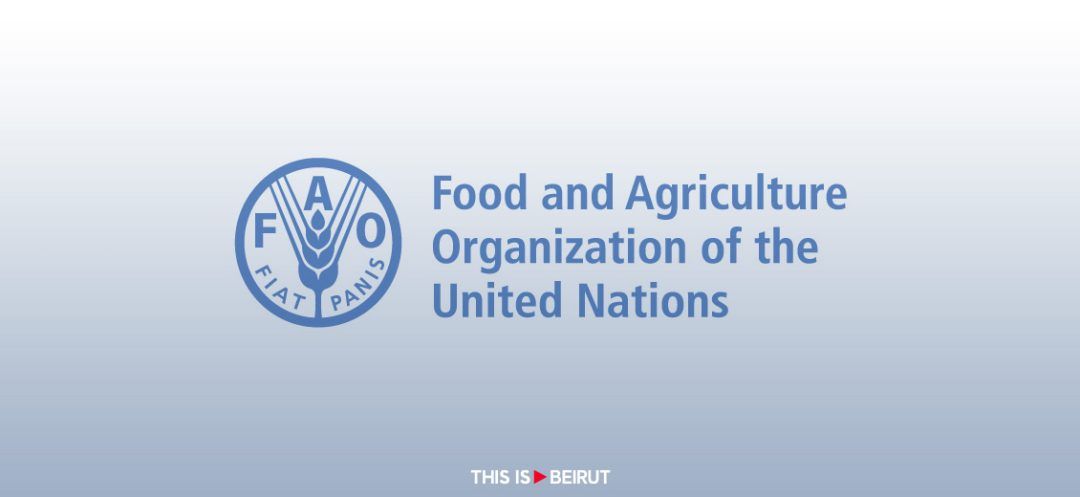
The Director of the UN Food and Agriculture Organization's (FAO) Liaison Office with Russia, Oleg Kobyakov, warned that the situation in Bab el-Mandeb and the Red Sea is affecting food trade and driving up product prices.
He asserted that "the Houthis' siege of the Bab el-Mandeb Strait and the Red Sea is negatively impacting world food trade," pointing out that "the cost of operating ships using this route has almost quadrupled, and the shipment of goods has fallen by 30%."
He explained that the world's largest shipping lines "refuse to deliver goods via the Red Sea," noting that this disrupts existing logistics chains and forces ships to take a circuitous route around the Cape of Good Hope. This route is 8,000 kilometers longer, increasing the journey time from 10 to 14 days.
He noted that the cost of purchasing "additional fuel increases costs by 15%." As a result, product prices are rising, leading to food price inflation and a reduction in the availability of food products for the end consumer.
Kobyakov referred to the statement by FAO Chief Economist Maximo Torero, who had announced to the panel of experts at the World Forum on Food and Agriculture in Berlin last January that "there are increasing risks we are facing in the Red Sea and risks we are facing in the Black Sea, as well as risks we may be facing due to lower water levels in the Panama Canal, which is a major artery for transporting goods around the world."
He asserted that "the Houthis' siege of the Bab el-Mandeb Strait and the Red Sea is negatively impacting world food trade," pointing out that "the cost of operating ships using this route has almost quadrupled, and the shipment of goods has fallen by 30%."
He explained that the world's largest shipping lines "refuse to deliver goods via the Red Sea," noting that this disrupts existing logistics chains and forces ships to take a circuitous route around the Cape of Good Hope. This route is 8,000 kilometers longer, increasing the journey time from 10 to 14 days.
He noted that the cost of purchasing "additional fuel increases costs by 15%." As a result, product prices are rising, leading to food price inflation and a reduction in the availability of food products for the end consumer.
Kobyakov referred to the statement by FAO Chief Economist Maximo Torero, who had announced to the panel of experts at the World Forum on Food and Agriculture in Berlin last January that "there are increasing risks we are facing in the Red Sea and risks we are facing in the Black Sea, as well as risks we may be facing due to lower water levels in the Panama Canal, which is a major artery for transporting goods around the world."
Read more



Comments